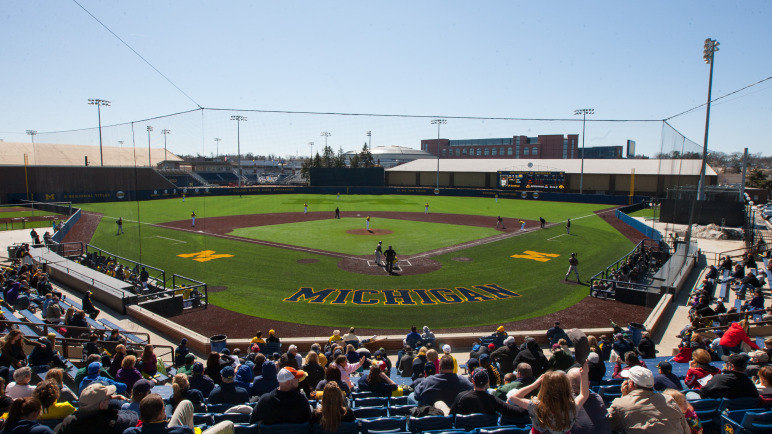 By Rachel Amity, MSW, Athletes Connected Program Coordinator
By Rachel Amity, MSW, Athletes Connected Program Coordinator
As an athlete, you may experience a variety of losses throughout your career. Of course, you have probably lost a few matches, games, or competitions.
Many of you lost typical seasons because of the COVID-19 pandemic. Maybe you’ve lost the opportunity to obtain certain athletic goals you had, be it getting to the championships, the Olympics, or being able to continue competing at all because of an injury.
As people, we may experience any number of other losses throughout our lives, including the deaths of people close to us. Not all of these losses will have the same impact on us. Different losses will prompt different types of mourning.
Losing a game will elicit a different kind of mourning than losing the ability to continue competing due to an injury. Similarly, losing someone to a sudden, unexpected death often results in a different grieving experience than losing someone to an anticipated death (i.e. terminal illness).
Grief is often associated with a few distinct emotions, like sadness, depression and anger. However, mourning usually involves a huge range of emotions. It can encompass many emotions including (but not limited to) anger, sadness, guilt, irritability, resentment, relief, helplessness, and disbelief. Some of these emotions may happen simultaneously. Every person is a unique griever.
Even when processing the same event, people have diverse personal, cultural, and spiritual factors that will influence how they grieve. There is no “right” way to grieve. Whatever your feelings, they are valid.
There is no “right” way to grieve. Whatever your feelings, they are valid.
While grief may affect you psychologically, it is more than just what happens to your emotions. You may notice all aspects of yourself including mind, body, and spirit are impacted by your grief. This could look like changes to your sleeping or eating, energy levels, or your ability to focus.
Remember, everyone grieves differently, and nothing is wrong with you for how you mourn. There is also no correct timeframe in which to grieve.
Nevertheless, sometimes people need more support than their friends and family can provide. If your grief is interfering with your ability to complete daily activities, you feel numb or detached for more than a few weeks, or want assistance in processing your feelings, consider asking for additional help.
Helping a Grieving Friend
It can be challenging to know how to support those around you who are dealing with loss. Sometimes when we are uncertain about whether we should get involved, or how we can best console someone, we avoid helping all together.
Just as there is not one way to grieve, there is also no perfect way to support a grieving loved one. Nonetheless, community involvement and support often give those in mourning a sense of comfort.
Some of the most reliable things you can provide to a friend or loved one who is grieving are your presence and your ability to listen to them without judgement. What they are comfortable with or want may change throughout the mourning process.
Letting them know that you are there and will listen if and when they would like to talk, but that you understand if they don’t want to, can demonstrate your support while leaving space for however they are processing and grieving.
Sometimes, providing practical support, like bringing meals or helping with chores can also be immensely helpful. Your loved one may also need more support than you can provide. In that case, it may be most helpful to suggest services or resources that might help them process their grief.
Available Local Resources
- U-M Athletic Counseling Team
- U-M CAPS
- Campus Mind Works Grieving Page
- Ele’s Place Ann Arbor
- GrieveWell
Available Local Resources
 About the Author
About the Author
Rachel Amity is the Athletes Connected program coordinator and a member of the U-M Athletic Counseling Team. Previously, she worked as the MSW intern with the athletic department. Rachel is originally from Corvallis, Oregon, where she grew up playing soccer, volleyball, and lacrosse. She graduated from Lewis & Clark College with a Bachelor’s in Psychology, where she also worked as a student athletic trainer.
